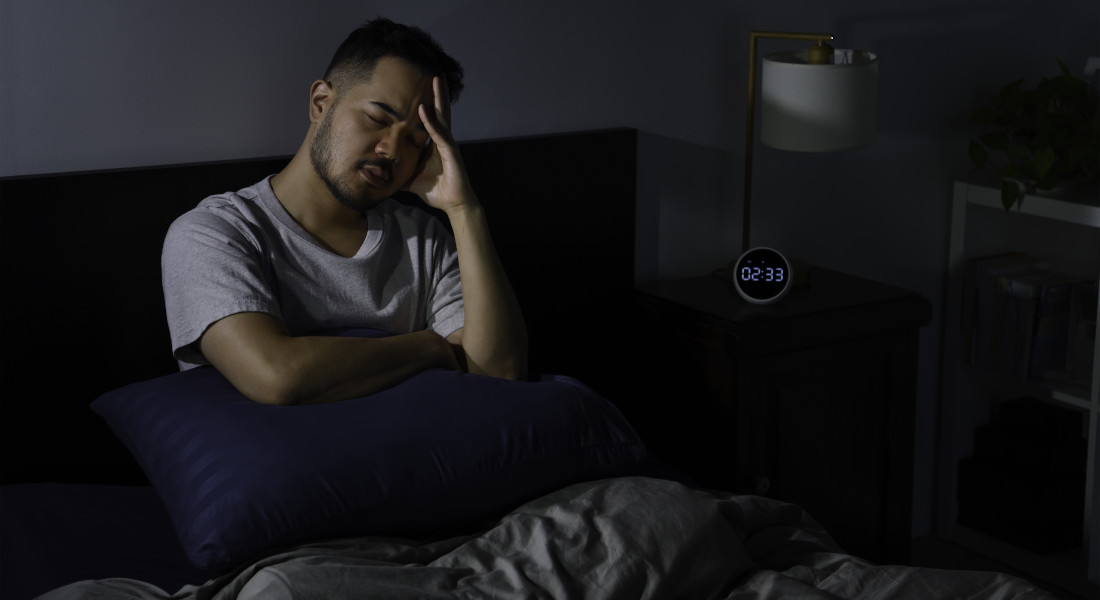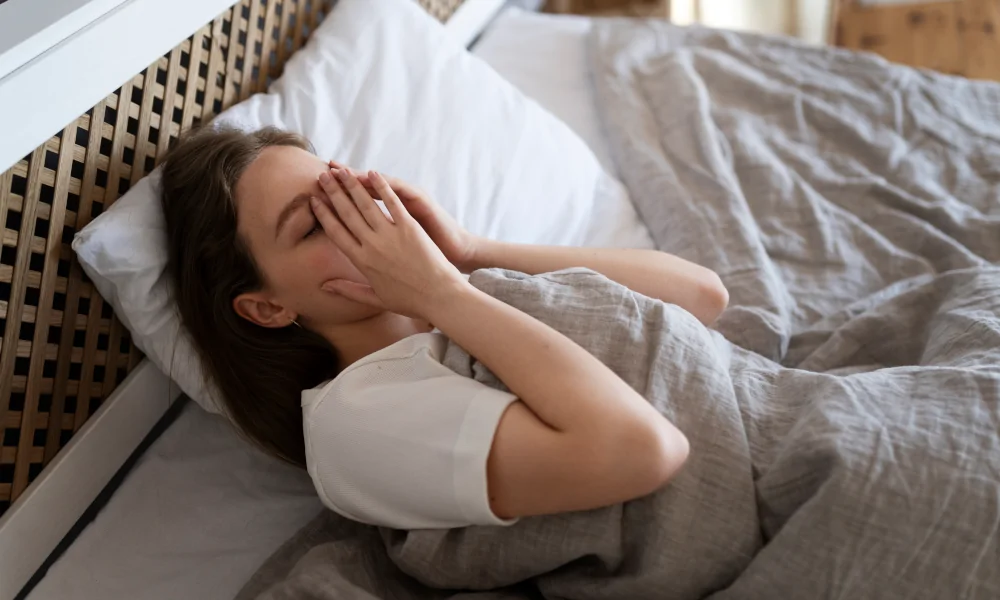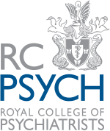Insomnia Treatment
Do you dread your bedtime? Tired of tossing and turning whilst trying to fall asleep? Do you struggle to return sleep after a night time awakening? Are you fed up with feeling tired, sleepy, irritable and exhausted after endless nights of bad sleep? You are not alone.
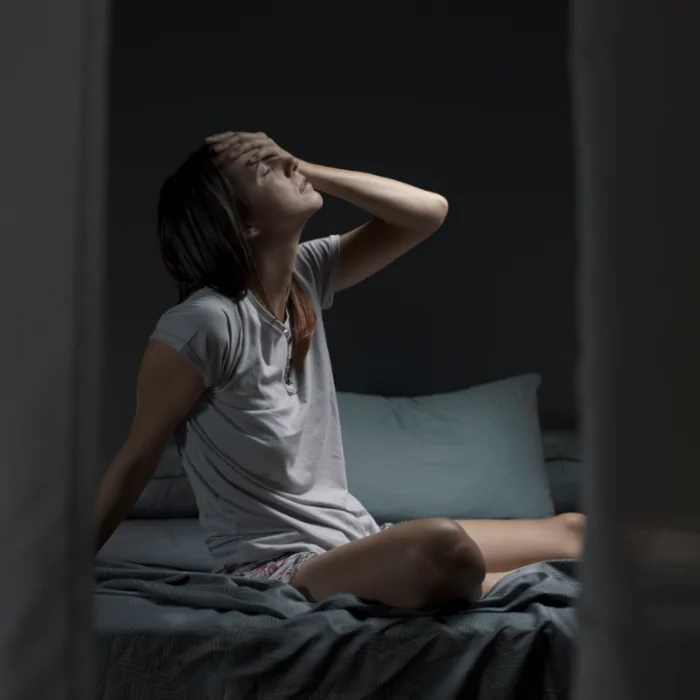
Experts helping you sleep better
Insomnia is the most common sleep disorder affecting up to 10% of the population in western countries. This means that millions of people in the UK, Europe and the USA suffer from insomnia, but only a tiny fraction of insomnia suffers receive appropriate support from an insomnia specialist.
Dr Mistry is a highly experienced insomnia specialist who has helped countless patients with overcoming their insomnia, as well as other sleep disorders. He is able to help with patients whose insomnia might be complicated by mental health difficulties, such as anxiety or depression. Dr Mistry can offer you a comprehensive and personalised treatment plan that is tailored to your specific needs.
Insomnia can manifest in many different ways, and it has the potential to seriously ruin your quality of life. The effect of insomnia on quality of life is equal in severity to the effect of any chronic illness, such as congestive heart failure or clinical depression.
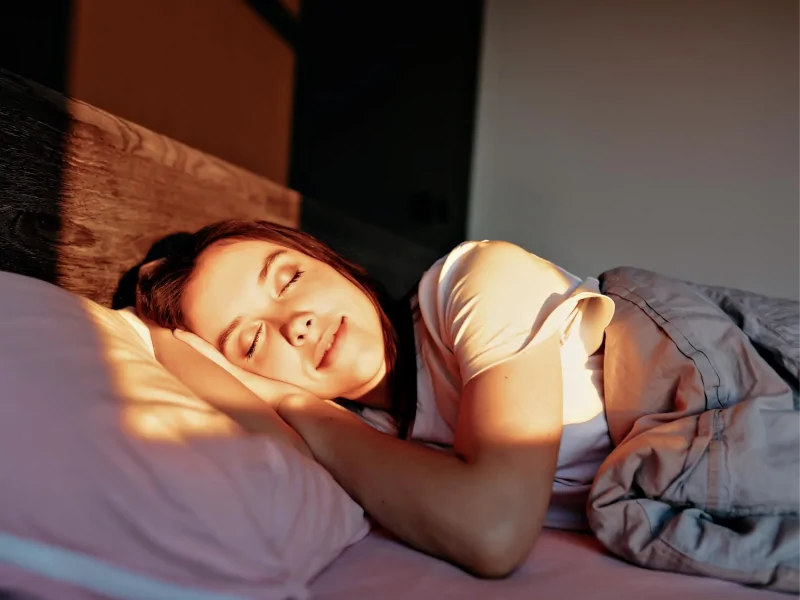
Signs you could be struggling with Insomnia
Difficulty falling asleep
People with insomnia can experience difficulties with falling asleep, otherwise known as difficulties with sleep onset. This is when it takes a long time i.e. at least 30 minutes or more to fall asleep. People affected with sleep onset insomnia find themselves lying awake in bed at night, sometimes for hours, waiting to fall asleep.
Frequent awakenings during the night
Other people with insomnia will notice that their sleep has become broken up or fragmented, and this causes them to wake up frequently during the night. After a nighttime awakening, people with insomnia often struggle to return to sleep.
Early morning awakenings
Some people with insomnia will experience an early morning awakening. This is when a person wakes up earlier than their intended wake time. For example, somebody who plans to wake up at 7 AM may instead find themselves wide-awake at 5:30 AM, after which they struggle to return to sleep. It is important to know that regular early morning wakening can be a sign of depression.
Daytime fatigue and tiredness
The consequence of difficulties with sleep onset, and frequent night time awakenings is a reduction in total sleep time. This results in people experiencing tiredness and fatigue, and this can cause to struggle with performing in their day-to-day activities to the best of their abilities. Some patients say that insomnia makes them feel as if they are running on a flat battery.
Difficulty concentrating
Insomnia can make it difficult for people to maintain focus and attention for long periods of time. Some people can lose track of conversations, experience impairments with their short-term memory and find that they are having difficulties with processing information and decision-making. This can be particularly distressing for students need to concentrate on their studies and focus for their exams, as well as people who are working, and need to think clearly in order to perform well at work.
Irritability
Irritability is an increased likelihood of experiencing anger in response to frustration. Severe irritability has been linked with long-term adverse outcomes in young people and adults including depression, anxiety, and suicidality. People suffering from insomnia have a reduced total sleep time and poor sleep quality, and this has consistently been implicated as a contributing factor for irritability. Irritability can result in verbal aggression and hostility, and this can have a serious impact on interpersonal relationships.
Headaches
The relationship between sleep and headaches is complex and usually bi-directional. Migraines often affect young adults, especially women. People with migraines and co-existing insomnia have been shown to have lower melatonin levels. Migraine is also associated with other sleep disorders such as night terrors, sleep-walking (somnambulism), restless leg syndrome and bruxism. Tension headaches have also been linked with insomnia. Sleep disorders including insomnia and headaches often exacerbate each other and this can cause distress and a deterioration in a person’s quality of life.
Muscle aches and pains
The relationship between pain and sleep deficiency that is associated with insomnia is complicated. Chronic pain, including muscle aches can disrupt sleep and could cause insomnia. Disturbed sleep and lower pain thresholds and increases spontaneous pain. This can create a vicious cycle where a bad night’s sleep enhances pain, which then disturbs sleep and this amplifies over time. Studies have shown that poor sleep quality and insufficient sleep duration are risk factors for the development of chronic pain.
Treatment for insomnia with Dr. Dipesh Mistry, insomnia specialist
Dr Mistry is a dual trained Sleep Physician and Psychiatrist. He has been involved in the field of sleep medicine for 22 years, initially as a polysomnography technologist whilst he was in medical school, before he later specialised as a doctor in the field of sleep medicine.
His expertise as a psychiatrist compliments his special interest in insomnia, because this is often accompanied by mental health difficulties such as anxiety, depression and obsessive-compulsive disorder (OCD).

Assessment with Dr Mistry
Dr Mistry offers an unhurried 60-minute consultation in a friendly and relaxed setting, where he will support and encourage you to share the full details of your insomnia. This includes carefully gathering information about your currently sleep pattern, your sleep history, screening for organic sleep conditions, your medical history, lifestyle, circumstances and stressors.
This information will be used to formulate a personalised treatment plan which targets all the contributing factors for your insomnia, whilst remaining in line with your preferences and wishes.
Dr Mistry’s approach to treating sleep disorders includes:
Non-pharmacological treatment: such as Cognitive Behavioural Therapy for Insomnia (CBTi). This is a proven first line treatment for insomnia which is widely accepted as the gold-standard treatment for insomnia.
Medication management: for some patients this can be necessary during acute and severe insomnia, during extremely stressful circumstances, or when CBTi isn’t possible, practical or suitable. In October 2023, a new medication, Daridorexant (Quviviq) was granted a licence in the UK for the treatment of chronic insomnia.
Reducing reliance on sleeping medications: many patients have struggled with coming off sleeping medications. Dr Mistry can work with you to explore your options for restoring your natural ability to sleep well, without the need for regular sleeping medications.
Lifestyle optimisation to facilitate sleep: Dr Mistry will take a holistic approach to your lifestyle and make suggestions to ensure this is optimised to maximise your chances of sleeping well regularly.
Long term sleep management: Dr Mistry’s treatment plans incorporate approaches and interventions that you can implement over the long term in order to safeguard your sleep.
Restoring your confidence: Dr Mistry understands that insomnia can be frightening, and it has the potential to severely damage your confidence in your ability to sleep. Dr Mistry’s gentle and supportive approach can help you restore your confidence in your sleep.
Close follow up: once you have overcome your insomnia, Dr Mistry can offer face to face, virtual or telephone follow up appointments to help you keep your sleep on track.
If you’re showing any of the above symptoms, reach out to us today to book your insomnia treatment appointment
Why choose Dr Mistry for your insomnia treatment?
Expertise: Dr Mistry has a deep understanding of the complexities of sleep and its impact on overall health. He regularly writes evidence-based articles with practical advice to inform and encourage people about ways that they can improve their sleep. Because of his expertise in the treatment of insomnia, Dr Mistry has been featured in the media.
Personalised care: Dr Mistry recognises that patients are unique individuals. No two patients with insomnia are exactly the same. Dr Mistry ensures that he takes a personalised approach to treatment, tailoring each plan to the individual needs of his patients.
Compassionate approach: Dr Mistry is recognised for his friendly approach and his dedication to providing compassionate and supportive care to all his patients.
Convenience: You can meet Dr Mistry for discreet face to face consultations in two Central London locations, as well as virtual appointments.

Where to find us
Dr Mistry has two central London locations you are able to visit.
Ankha,
17 Elystan Street
Chelsea
SW3 3NT
150 Harley Street
London
W1G 7LQ
Online consultations
We also offer convenient online consultations for those who prefer to meet with our insomnia specialists from the comfort of their own homes.
